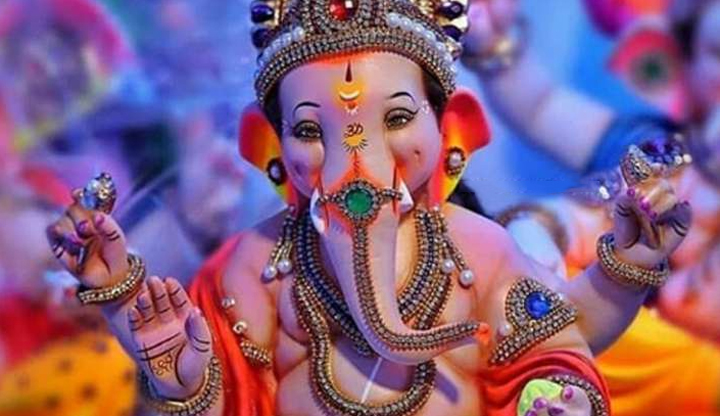IndiGo, India’s largest airline, is battling one of its worst operational disruptions in recent years, with hundreds of delays and cancellations throwing domestic travel into chaos.
Government data on Tuesday showed its on-time performance plunging to 35%, an unusual dip for a carrier long associated with punctuality.
By Wednesday afternoon, airports in Delhi, Mumbai, Bengaluru and Hyderabad had collectively reported close to 200 cancellations, stranding travellers across the country.
Crew Shortage After New Duty Norms
A major trigger behind the meltdown is a severe crew shortage, especially among pilots, following the rollout of revised Flight Duty Time Limitation (FDTL) norms last month.
The rules mandate longer rest hours and more humane rosters — a shift IndiGo has struggled to incorporate across its vast network.
Sources said several flights were grounded due to lack of cabin crew, while some delays stretched upwards of eight hours.
With IndiGo controlling over 60% of India’s domestic aviation market, the ripple effect has impacted airports nationwide.
IndiGo Issues Apology, Lists “Compounding Factors”
In a statement, IndiGo acknowledged the large-scale disruption:
“We sincerely apologise to customers. A series of unforeseen operational challenges — technology glitches, winter schedule changes, adverse weather, system congestion and updated FDTL norms — created a compounding impact that could not have been anticipated.”
To stabilise operations, the airline has begun calibrated schedule adjustments for the next 48 hours, aiming to restore punctuality. Affected passengers are being offered refunds or alternate travel arrangements, IndiGo said.
What the FDTL Rules Require
The FDTL norms, designed to reduce pilot fatigue, cap duty and flying hours as follows:
• Maximum 8 hours of flying per day
• 35 hours per week
• 125 hours per month
• 1,000 hours per year
Crew must also receive rest equalling twice the flight duration, with a minimum 10-hour rest period in any 24-hour window.
The DGCA introduced these limits to enhance flight safety.
Hyderabad: 33 Flights Cancelled, Long Queues Reported
Hyderabad’s Rajiv Gandhi International Airport saw heavy early-morning crowds as 33 IndiGo flights (arrivals and departures) were cancelled.
The airport clarified on X that operations were normal, advising passengers to contact IndiGo directly for latest flight status.
Cancellations included flights to and from Visakhapatnam, Goa, Ahmedabad, Delhi, Bengaluru, Chennai, Madurai, Hubli, Bhopal and Bhubaneswar.
Bengaluru: 42 Flights Disrupted
Bengaluru’s Kempegowda International Airport recorded 42 cancellations — 22 arrivals and 20 departures — affecting routes to Delhi, Mumbai, Chennai, Hyderabad, Goa, Kolkata and Lucknow.
Passengers Vent on Social Media
Irate travellers took to X to share their experiences. One passenger stranded in Hyderabad wrote: “I have been here since 3 a.m. and missed an important meeting.”
Another said: “My flight was pushed from 1:55 PM to 2:55 PM and now 4:35 PM. I was informed only three minutes before entering the airport.”
Delhi Airport Hit by Tech Glitch
At Delhi Airport, the disruption deepened due to a slowdown in the Amadeus system — used for reservations, check-ins and departure control.
The technical issue led to longer queues and sluggish processing, adding to delays already worsened by staff shortages.








Comments
if everything goes as per the requirement and demand of some anti social elements, then don’t expect any progress on reduction of Corona Virus cases in Karnataka.
If everything goes as per the requirements and demands of some anti social elements, then don't expect any progress on reduction of Corona Virus cases in Karnataka.
If everything goes as per the requirements and demands of some anti social elements, then don't expect any progress on reduction of Corona Virus cases in Karnataka.
If everything goes as per the requirements and demands of some anti social elements, then don't expect any progress on reduction of Corona Virus cases in Karnataka.
If everything goes as per the requirements and demands of some anti social elements, then don't expect any progress on reduction of Corona Virus cases in Karnataka.
If everything goes as per the requirements and demands of some anti social elements, then don't expect any progress on reduction of Corona Virus cases in Karnataka.
Add new comment